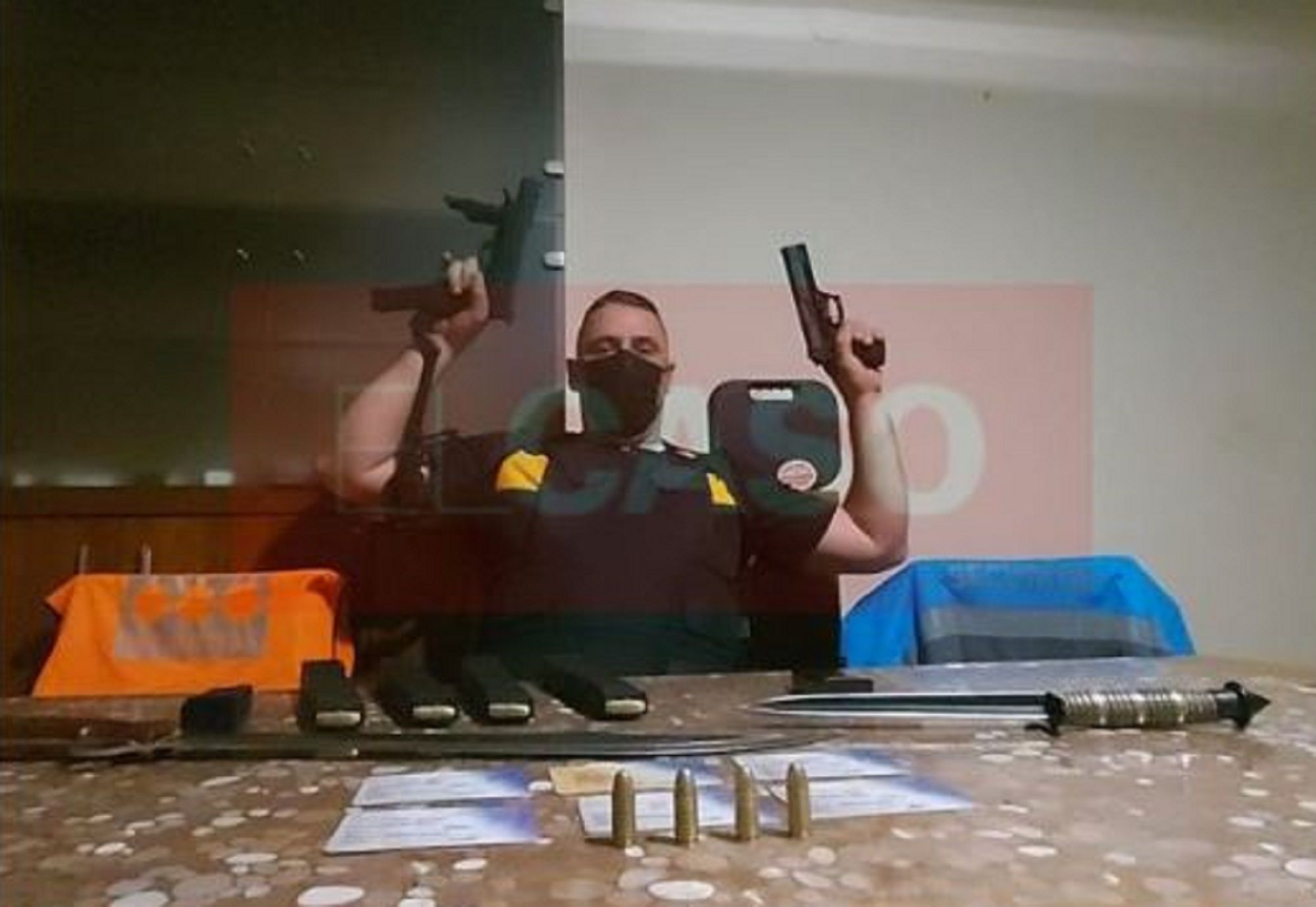Marin Eugen Sabau died this Tuesday at noon by means of euthanasia carried out at the penitentiary hospital centre in the Catalan city of Terrassa. At a quarter to three in the afternoon, the process ended and the extraction of his organs began as requested, the Spanish newspaper El País reported. The health and justice authorities have not yet officially announced his death.
He is the first person in pre-trial imprisonment in the Spanish state to receive euthanasia. Specifically, Sabau had sought to end his life after a bullet injury left him in a paraplegic state, after he himself had allegedly gone on the rampage with firearms and shot five people in the Tarragona area of Catalonia, in December last year.
Sabau, of Romanian nationality and 46 years old, was transferred shortly before ten in the morning to an intensive care unit at the hospital centre where he was a patient in Terrassa. There, health professionals carried out the assisted death process. Sabau was accompanied at all times by his relatives and, according to sources familiar with the case, left a farewell letter. His death has been accompanied by a great deal of controversy, since the victims of the gunman from Tarragona - two Mossos d'Esquadra police officers and three of his ex-workmates at a security firm - asked for the process to be stopped until he had been tried. However, the investigating judge in the case decided to go ahead. Sabau thus becomes the first prisoner embroiled in a serious judicial investigation for homicide crimes to receive euthanasia in Spain.
Judge denied request for provisional release
The now deceased man had asked for euthanasia, under the law passed in Spain in 2021, because he was unable to continue with his life due to the physical and psychological suffering he was enduring. His request was initially refused by the judge, but after an evaluation by the medical team of the Guarantees and Evaluation Commission, as decreed under the law, it was ruled that he met the requirements to be able to opt for the life-ending service. In the last days of his life, Sabau's lawyer requested his provisional release so that his client could say goodbye to his relatives, but on Monday, the judge rejected the request. The judge concluded that there was a flight risk because she understood that in an unsupervised hospital he could be assisted by a family member and emphasized that the assailant had not shown "repentance" to his alleged victims.
The victims of the so-called "Tarragona gunman" failed to achieve the legal decision that they wanted, to delay Sabau's euthanasia request until after his trial was concluded, as the Spanish judiciary ruled that the legal system prioritizes a person's right to physical and moral dignity in this case. Part of the victims' argument was related to their own ability to receive compensation for the injuries they received in the armed attack, which could be more complex without a conviction. Nevertheless, the victims can resort to civil proceedings to request compensation, either through insurance companies or the Catalan government itself, as is the case with the two Mossos d'Esquadra police officers.
Multiple shooting last December
On 14th December, 2021, Marin Eugen Sabau allegedly drove to the Tarragona offices of the security firm for which he had worked until being dismissed days beforehand, and opened fire, seriously injuring three of his former work colleagues. He then fled and is also alleged to have injured two police officers before he was gunned down by police in a farmhouse where he had taken cover. It is believed that a police bullet damaged his spine and left him in an irreversable paraplegic state.
The euthanasia law which Sabau invoked to end his life came into force in Spain on June 25th, 2021 and seeks to decriminalize assisted death for people who suffer from a "serious and incurable" disease or "severe, chronic and disabling suffering" that causes "suffering intolerable physical or mental". In the first year of its application, at least 172 people ended their lives via this procedure in Spain, around 60 of these in Catalonia.

